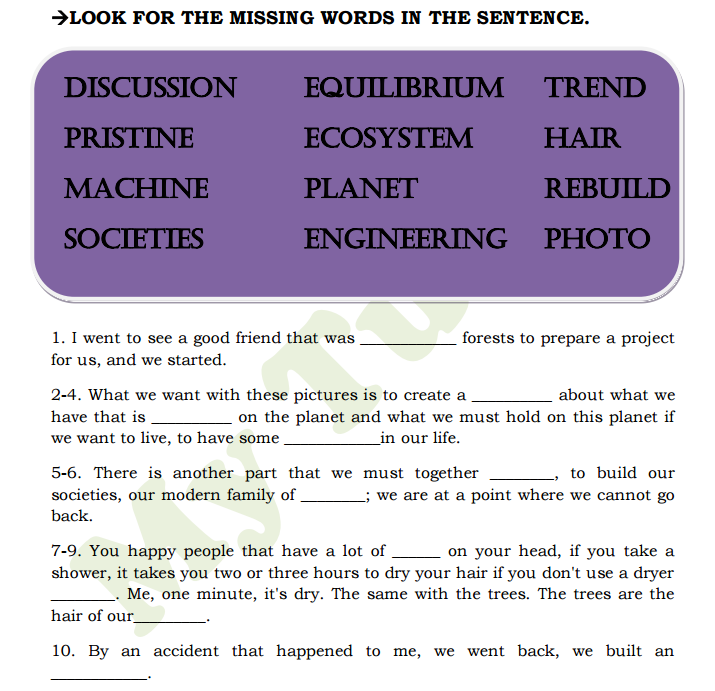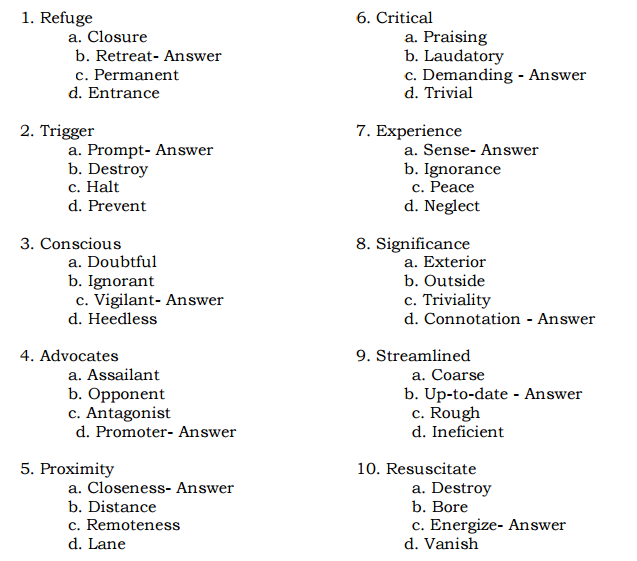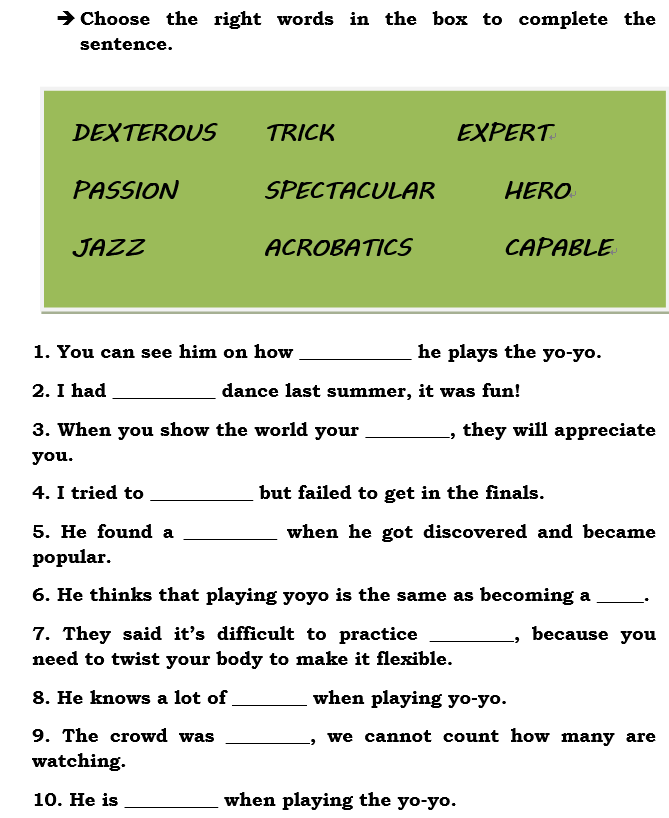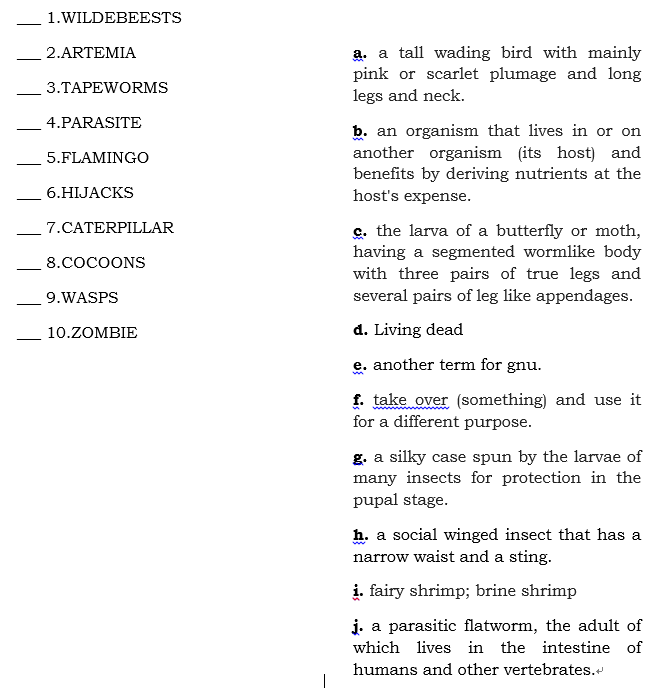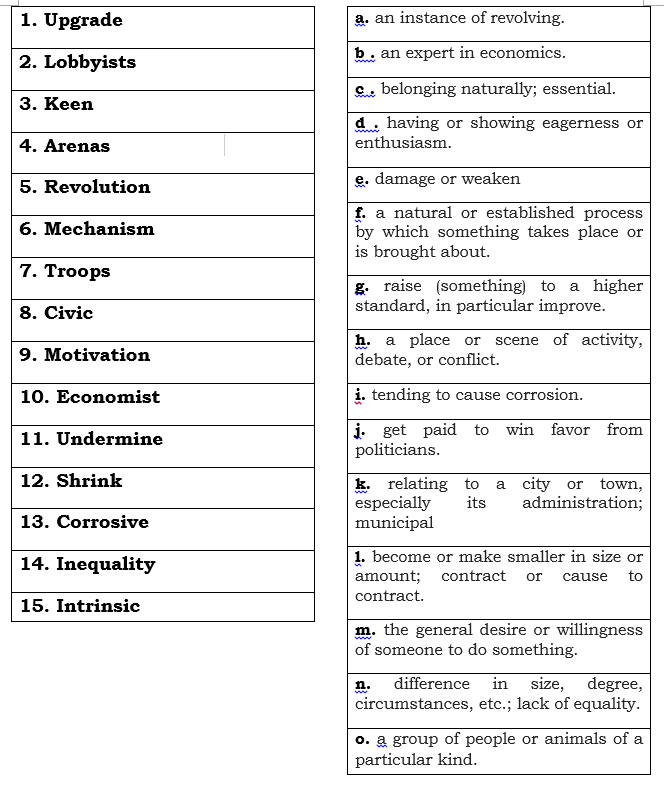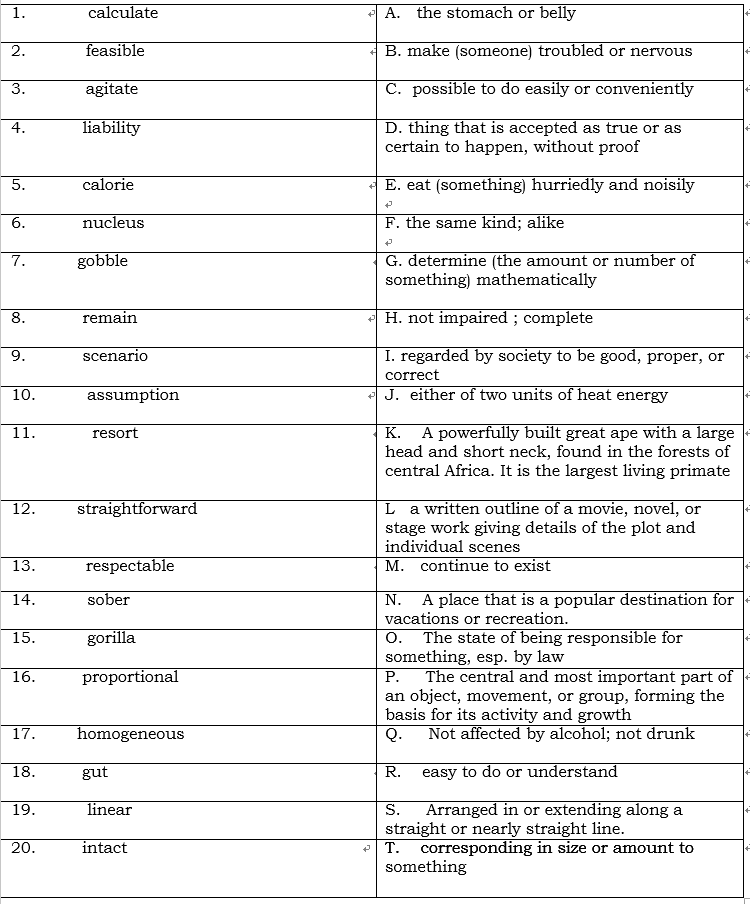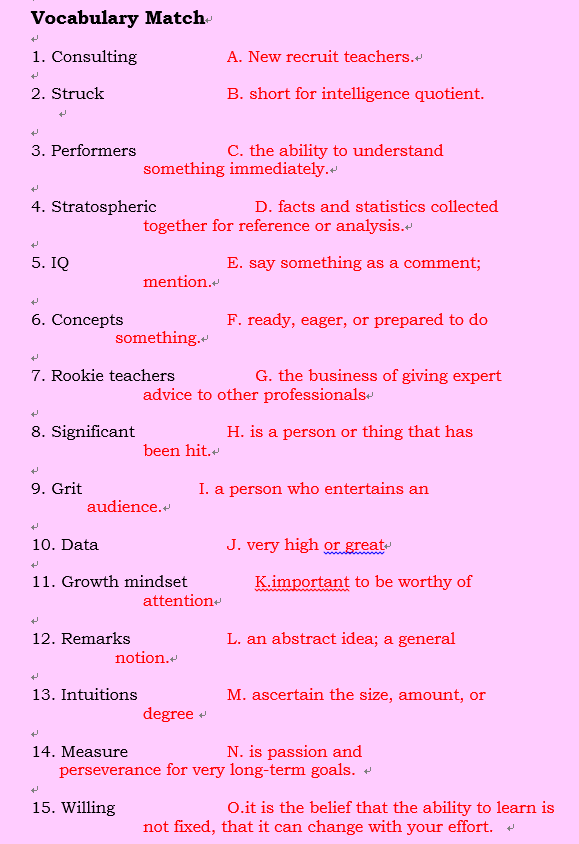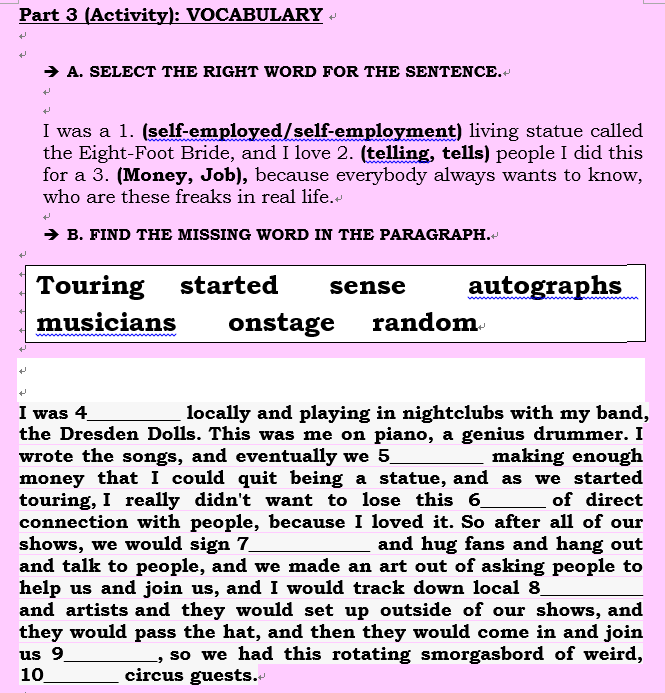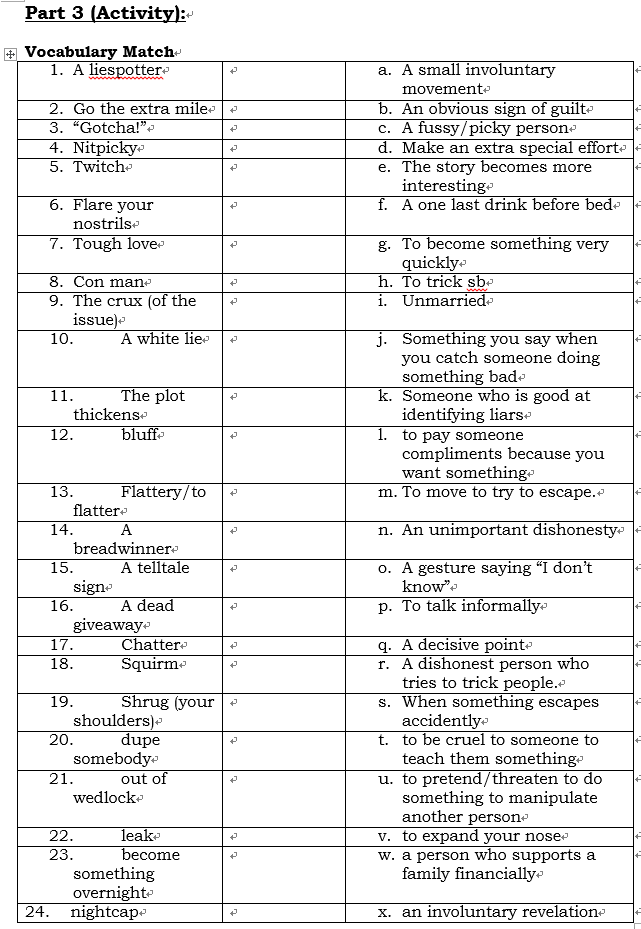Part 1 (Comprehension Questions with Sample Answer):
- What is the most important thing that happened to the speaker’s life?
- What is the title of the story that was photographed by the speaker in the 90’s?
- Do you think that being a photographer is an easy work? Why?
- What are the reasons why the speaker decided to stop as a photographer?
- What are the relevance of the trees in our life according to the photographer?
- What was the speaker trying to convey about the how to maintain a good environment?
Part 2 (Express Yourself Questions):
- Do you like taking pictures?
- What pictures do you like to take?
- Do you prefer a person or nature?
- How do you arrange your pictures?
- Do you like other people taking pictures of you?
- What are the things that you need to have to take a picture?
- Is it necessary to buy an expensive camera to take a picture?
- What is the purpose of taking pictures?
- Do you have a lot of pictures with family and friends?
- Why do we keep memories?
- Do you think taking photo helps us relieve stress?
- Do you have your own camera?
- Have you ever tried taking photo inside the Photo studio?
- Do you like taking photo of yourself? (Selfie)
- What is your favorite photo pose?
Part 3 (Activity): VOCABULARY MATCH
